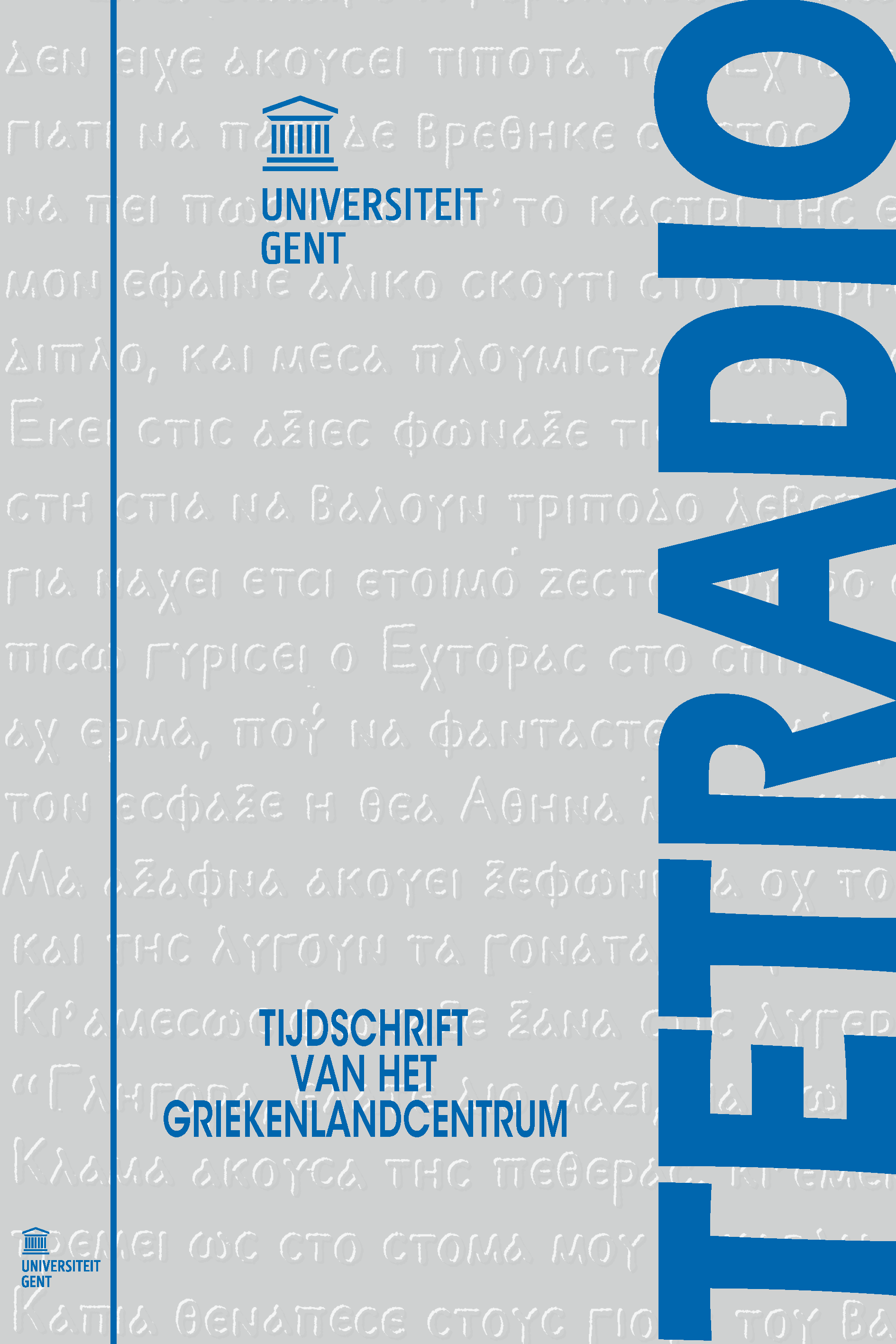Goddelijke koningen, gigantische oorlogsschepen en twee wereldwonderen: Politieke, sociale en culturele ontwikkelingen in de strijd om de opvolging van Alexander de Grote (323-276 v.C.)
- Alexander Meeus
Abstract
For about 50 years after his death the generals of Alexander the Great fought over his succession (323-276 BC); the empire eventually falling apart, this lead to the creation of the three main Hellenistic kingdoms. The age of the Successors is often seen as a period of decline, but in many respects there was continuity, florescence and innovation. Least surprisingly, there were important developments in military technology, but it was also a period of cultural vigour with the foundation of the library in Alexandria and blooming activity in the philosophical schools and Athenian theatre. The age of the Successors also witnessed the construction of two of the seven wonders of the ancient world: the lighthouse of Pharos in Alexandria and the Kolossos of Rhodes. Moreover, the fact that most Greek cities were partially controlled by the Hellenistic kings did not necessarily mean the end of democracy in those cities. One of the most striking developments was the establishment of ruler cult.
How to Cite:
Meeus, A., (2013) “Goddelijke koningen, gigantische oorlogsschepen en twee wereldwonderen: Politieke, sociale en culturele ontwikkelingen in de strijd om de opvolging van Alexander de Grote (323-276 v.C.)”, Tetradio 22(1): 4, 87–107. doi: https://doi.org/10.21825/tetradio.91827
Downloads:
Download PDF
View PDF
